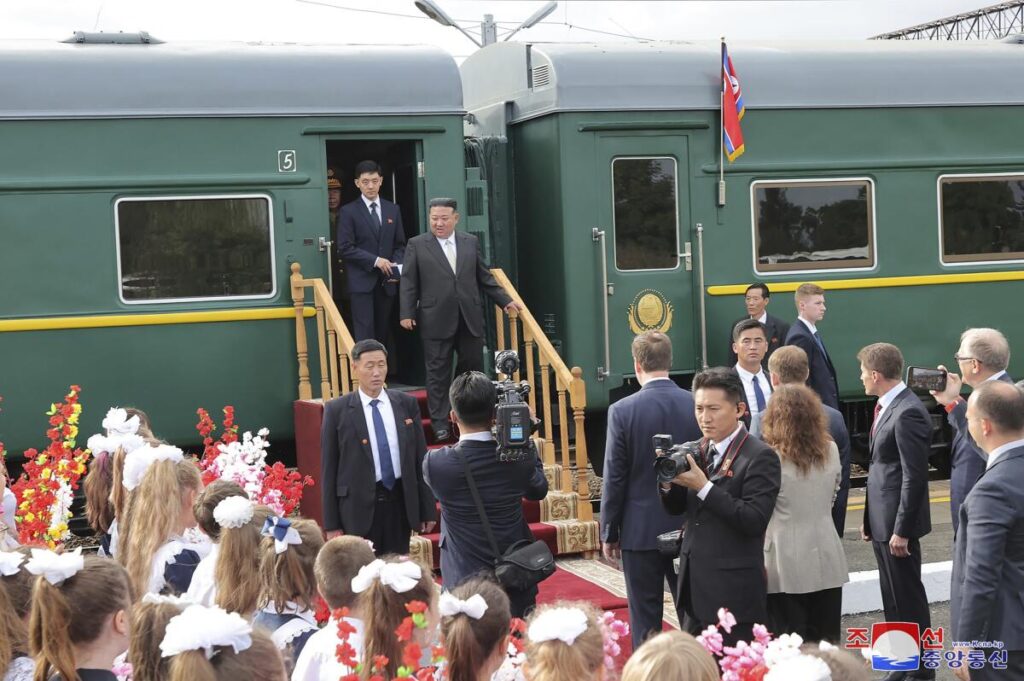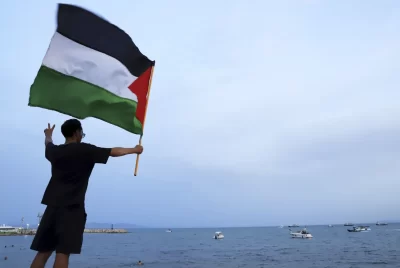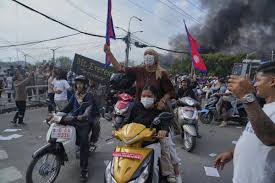
North Korea said Tuesday that leader Kim Jong Un has returned home from a trip to Russia where he deepened “comradely fellowship and friendly ties” with President Vladimir Putin.
During Kim’s six-day trip to Russia, his longest foreign travel as a leader, the two countries said they discussed boosting their defense ties but didn’t disclose any specific steps. Foreign experts speculate the two countries, both locked in confrontations with the West, were pushing to reach arms transfer deals in violation of U.N. Security Council resolutions.
The official Korean Central News Agency said Kim’s train crossed a border river on Monday morning, but didn’t say whether he headed to the capital, Pyongyang, or elsewhere inside the country. Before traveling to Russia, Kim made several visits to his munitions factories, triggering speculation that he intended to check on productions of arms to be shipped to Russia.
While traveling through Russia’s far eastern region, Kim met Putin at Russia’s most important space launch center before visiting military sites to see some of Russia’s most advanced weapons systems such as nuclear-capable bombers, fighter jets and hypersonic missiles.
In live comments during their meeting last Wednesday, Kim offered “full and unconditional support” to Putin. KCNA later said Kim and Russian Defense Minister Sergei Shoigu also met and discussed expanding “strategic and tactical coordination” between the countries’ armed forces.
Other experts say Kim would end up getting food and economic aid because Russia is reluctant to share its sensitive, high-tech weapons technologies with other countries.
South Korean Vice Foreign Minister Chang Ho-jin on Tuesday summoned the Russian ambassador to Seoul, Andrey Kulik, and urged Moscow to immediately stop its military cooperation with North Korea, which he said would have a “very negative impact” on its relations with the South. Kulik said he would convey Seoul’s concerns to his government, the South Korean ministry said in a statement.
Kim has been pushing hard to bolster his nuclear arsenal citing what he called intensifying U.S. military threats. Analysts say Kim would aim to use his enlarged arsenal to win greater concessions from the U.S. while boosting his military credentials at home in the face of economic hardships deepened over the COVID-19 pandemic.
__
AP writer Kim Tong-hyung contributed.




